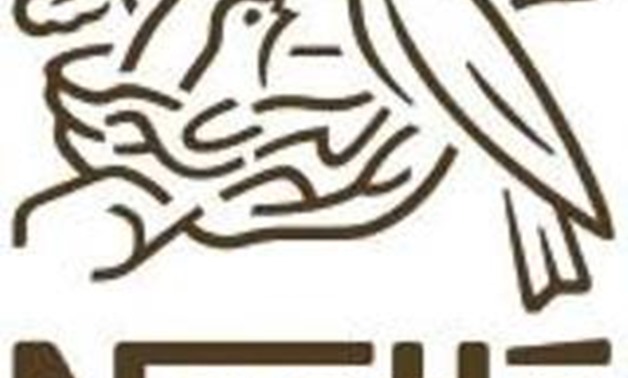
Nestlé Logo
In the presence of Marco Settembri, Nestlé CEO for Zone EMENA, Nestlé Groupe held a webinar to discuss its advanced labeling system with media representatives across Europe and the Middle East. The webinar was attended by Petra Klassen, Nutrition Health and Wellness Scientific advisor who explained the functioning of Nutri-Score from a nutrition perspective and John Athantos, Nutrition & Regulatory Affairs Director for CPW who provided concrete examples on how Nutri-Score can help to drive reformulation.
The Nutri-Score, having been developed by the French authorities based on international scientific recommendations to help consumers make more informed choices, is a voluntary front-of-pack nutritional label that classifies foods and beverages according to their nutritional profile. The colour-coded system features different ranges of A to E with A being the healthiest and E representing the least nutritional value for consumers. Based on research in 15 countries, the system has proven its efficiency enabling consumers to compare nutritional quality of foods, encouraged consumers to make better quality purchases and expected to reduce the risk of nutrition related non-communicable diseases.
How does it work?
Nutri-Score is calculated per 100 gms or 100 ml based on the mandatory nutritional declaration. To acquire a nutritional score (A to E) a simple equation of: Nutrients to limit – Nutrients to promote is calculated. Nutrients to limit include energy intake, saturated fats, sodium and sugars while nutrients to promote include fibers, protein, and the percentage of fruits and vegetables, pulses, nuts, colza, nut and olive based oil.
Even though grades D and E foods represent “less healthy choices” they still play an integral role in a balanced diet yet, portions and frequency of consumption should be managed.
When to use Nutri-Score?
Nutri-Score is beneficial when comparing packaged foods of the same category, this includes comparing different brands of frozen pizza or different pizza recipes of the same brand. Given that ingredients have impact on the nutritional value of foods, it is common to find same category products with different Nutri-Scores. For instance, a vegetarian pizza has a different Nutri-score than a barbecue pizza and a 4-cheese pizza.
When is Nutri-Score inapplicable?
In some cases, Nutri-Score cannot be calculated or would be misleading, this includes unprocessed foods (such as fruits, vegetables and raw meats), aromatic herbs, yeast, coffee, spices, products intended for medical purposes and infant products ages 0 – 3.
The labeling system has launched in seven European markets including Belgium, France, Spain and Switzerland and the company plans to launch it at a larger scale across different countries. Not only does it enable consumers to make more informed choices, rather, it helps show the progress Nestlé has made to deliver healthier products. In 2003, Nesquik represented a D score on the Nutri-Score, after recipe amends, in 2015 and till date, Nesquik stands at a B score.
About Nestlé MENA
Nestlé’s heritage in the Middle East and North Africa goes back over 100 years with the sale of the first Infant Cereals in Egypt. Today, Nestlé operates 25 Food & Beverage factories across the 19 countries of the MENA Region, and provides direct employment to more than 15,000 people who are all committed to Nestlé’s purpose of Enhancing Quality of Life and Contributing to a Healthier Future. Nestlé MENA also provides indirect employment across the region to several thousand more.
The Nestlé portfolio in the region currently exceeds 60 innovative product brands in a wide range of categories: Dairy, Infant Nutrition, Coffee and Creamers, Confectionery, Bottled Water, Breakfast Cereals, Culinary products, Health Science, and Pet Care, among others.
Nestlé NIDO, Nestlé CERELAC, Nestlé NAN, S-26, PROGRESS, NESCAFÉ,
NESPRESSO, Bonjorno Café, Coffee-mate, KitKat, MAGGI, Nestlé FITNESS, Nestlé Grain d’Or, Nestlé Pure Life, OPTIFAST, and PURINA Friskies are just some of the brands available in the Middle East and North Africa.

Comments
Leave a Comment